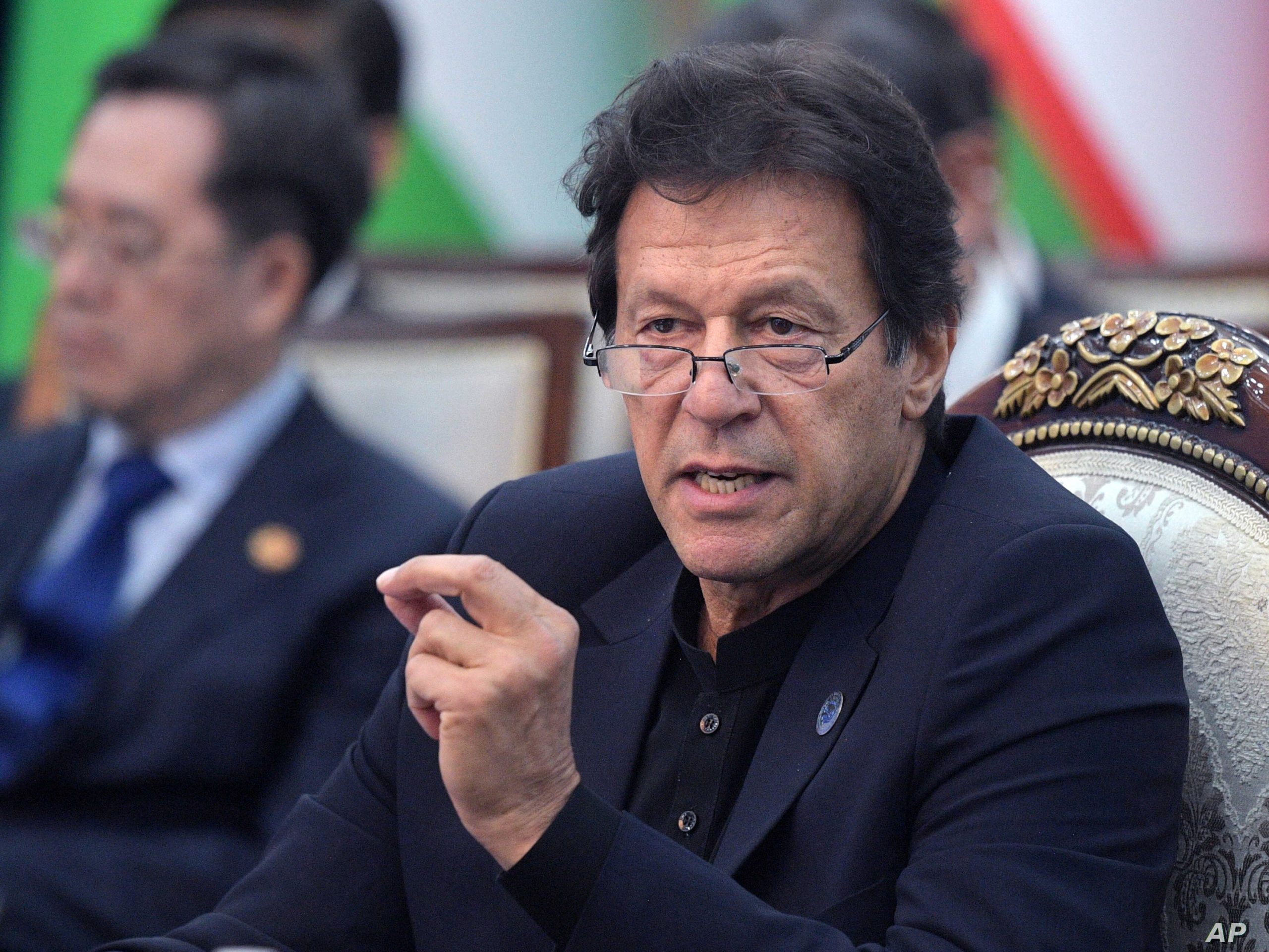Pakistan PM continues to throttle voices of press criticizing government, military

Advertisement
Pakistan is once again in the limelight for strangling press freedom by imposing censorship or arresting journalists. The abduction of Mattiullah Jan, a reporter and a critic of Prime Minister Imran Khan’s party, is the recent case which reflects the state of press under Khan’s governance.
On July 21, Jan was abducted by several men, some in plain clothes, and others in counterterrorism police uniforms. He was dragged from his car, bundled into one of their vehicles and sped away.
According to a security camera located near the scene of the abduction, the police’s involvement was clearly visible. With the release of the footage, a campaign was launched resulting in Jan’s release 12 hours later.
However, he reportedly released a statement saying he had been abducted by forces that are “against democracy.”
Another recent example of Khan’s attempt to control the media is the case of Mir Shakil-ur-Rahman, owner-editor of Jang.
Rahman’s arrest was so unexpected that he did not obtain pre-arrest bail when responding to the summons by the National Accountability Bureau (NAB) office in Lahore.
Amjad Pervaiz, Rahman’s defence counsel, was quoted as saying that the “undue and unholy haste” of the arrest, which occurred on the same day the inquiry was authorized, violated the NAB’s own protocols.
Similarly, shortly after Khan’s forming the government Talat Hussain, a former Geo TV news anchor and a critic of the military and government, was fired. According to Hussain, his company fired him under the pressure from the military shortly after Khan winning the election.
“We have dealt with fairly tyrannical regimes that were elected and dealt in repression, but it was episodic…This time it is structural and complete and it’s hard to breathe,” he said.
“Disappearances are a tool of terror, used not just to silence the victim but to fill the wider community with fear,” said Omar Waraich, the head of South Asia for Amnesty International.
“In Pakistan, the military’s intelligence apparatus has used disappearances with impunity,” Waraich said, adding: “Civilian politicians look on helplessly, affecting concern and promising to investigate. Unable to uphold the rule of law as Imran Khan vowed to do, their authority erodes.”
The 2020 world press freedom index compiled by Reporters Without Borders has reported that Pakistan slipped six spots since 2017 to 145th place out of 180 countries.
Advertisement






